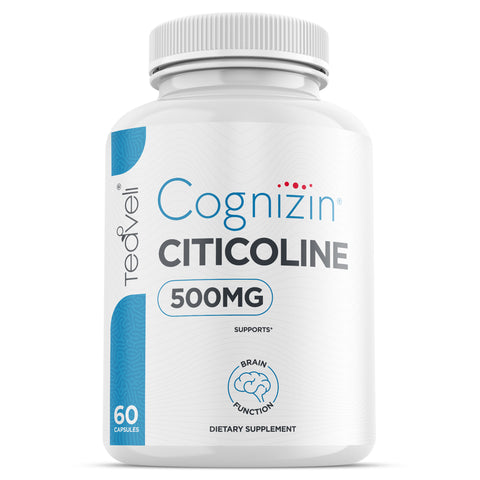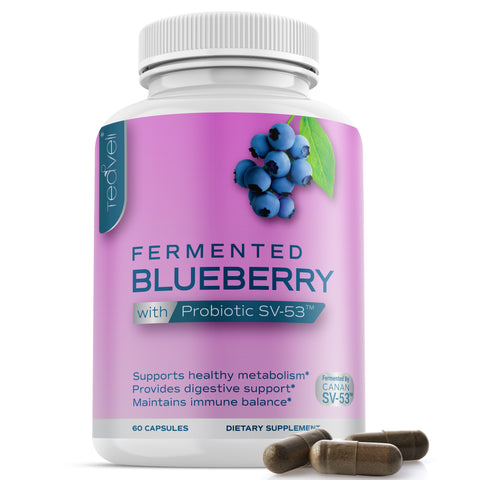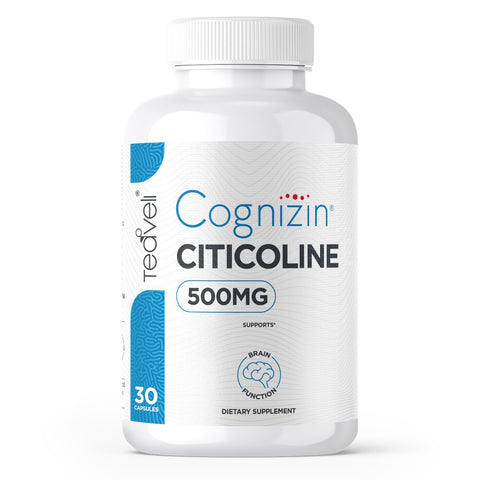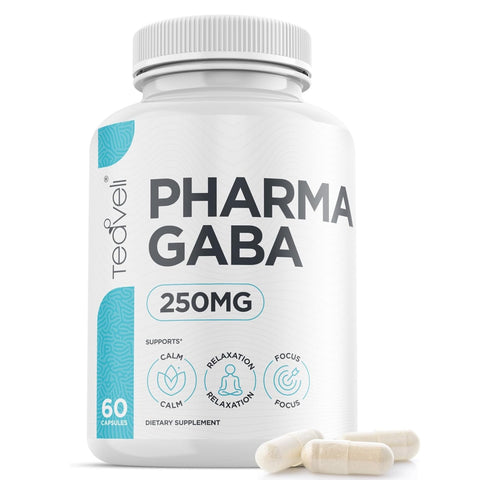Understanding Sulforaphane, Glucoraphanin and Myrosinase- The Amazing Compounds in Cruciferous Vegetables that You've Not Heard Of
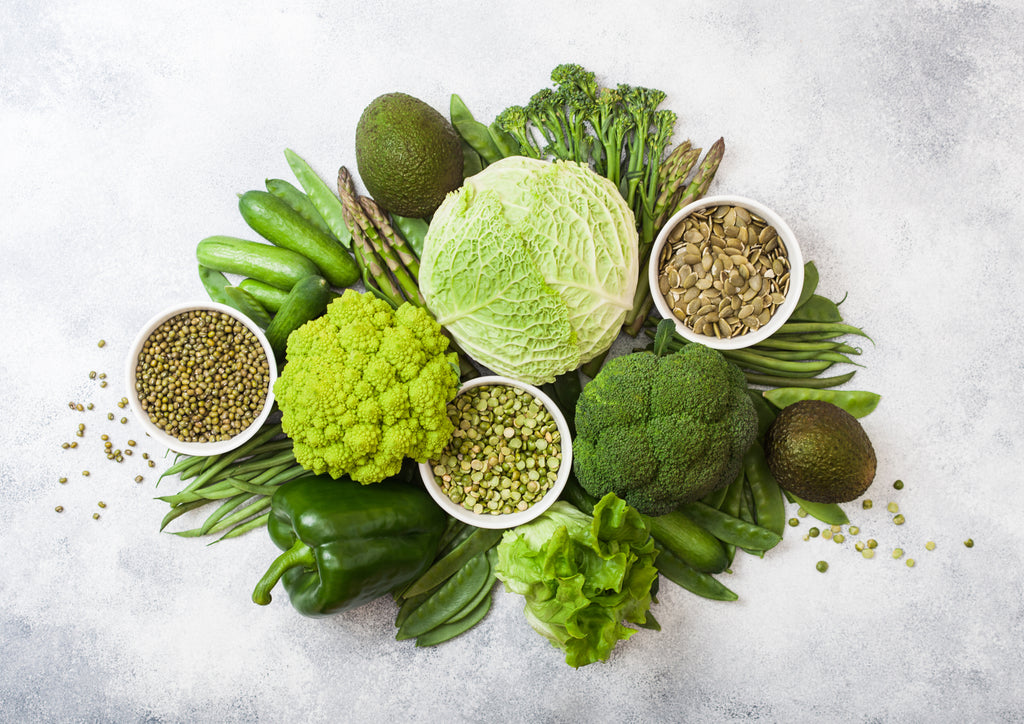
Glucosinolates are a type of phytochemical found in plants. It is believed to have health-promoting properties its being studied for its abilities to protect from cancer. Glucosinolate is found in cruciferous vegetables such as broccoli, cabbage, and Brussels sprouts. It is also found in smaller amounts in other vegetables, including cauliflower, kale, and collard greens.
Glucosinolates are thought to work by stimulating the production of enzymes that help detoxify the body. These enzymes break down potentially harmful substances before they can do damage. Glucosinolate may support healthy cell replication.
Glucosinolates undergo chemical reactions to produce Glucoraphanin and Sulforaphane. Glucoraphanin or Sulforaphane glucosinolate is one of the main precursors to Sulforaphane. Myrosinase is an enzyme that helps catalyze (or speed up) the reaction between Glucosinolates and Sulforaphane.
If you're interested in adding Glucosinolates to your diet, the best way to do so is by eating more cruciferous vegetables or including a Sulforaphane supplement to your regime.

Cruciferous vegetables can be enjoyed cooked or raw. When cooking, it's best to use methods that preserve their nutrients, such as steaming or stir-frying. If that sounds complicated, Sulforaphane supplements are the way to go. If you choose to go the supplements way, choose one that’s lab tested for its purity and made without GMO, preservatives, artificial colors or flavors.
It's time to know more about Glucoraphanin, Sulforaphane, Myrosinase, and how these compounds together (Sulforaphane Glucosinolate with Myrosinase) have been shown to provide a wide range of health benefits according to studies and research.
Glucoraphanin
Glucoraphanin, also popularly known as Sulforaphane glucosinolate is a compound found in broccoli and other cruciferous vegetables. It is a precursor to sulforaphane, a compound with potential cancer-preventing properties. Glucoraphanin is converted to Sulforaphane when the vegetable is chopped or chewed, and this process is thought to be responsible for the health benefits of broccoli.
Glucoraphanin is generally considered safe, but consuming large amounts of broccoli or other cruciferous vegetables may cause gas or bloating in some people. It is also important to cook these vegetables properly to minimize the risk of food poisoning. Overall, incorporating broccoli and other cruciferous vegetables into your diet is a healthy choice.
Sulforaphane
Sulforaphane is an important compound found in cruciferous vegetables like broccoli, Brussels sprouts, and cabbage. It is produced when the plant enzyme Myrosinase breaks down Glucoraphanin in the presence of water. The combination of Sulforaphane and Myrosinase is thought to be responsible for the health benefits associated with cruciferous vegetables. Some of these health benefits may help support a balanced response to inflammation and heart health.
Learn more about Teaveli’s Sulforaphane Glucosinolate with Myrosinase supplement
How does Sulforaphane work?
One keyway appears to be through its ability to boost the activity of certain enzymes, like Glutathione S-transferases (GSTs). GSTs are important detoxification enzymes that help to remove harmful toxins from the body.
Myrosinase
Myrosinase is an enzyme that is found in cruciferous vegetables. It is responsible for the production of Glucosinolates and Sulforaphane. It is found in a variety of plant-based foods, such as broccoli, cabbage, and Brussels sprouts. Myrosinase-rich foods are thought to have health benefits, including improved digestion.
Myrosinase activity is destroyed by heat, so it is important to eat Myrosinase-rich foods raw or lightly cooked. When these foods are cooked, the Myrosinase enzymes are denatured and unable to break down complex carbohydrates and proteins. This can lead to indigestion and other digestive problems.
Myrosinase-rich foods are a good source of dietary fiber, vitamins, and minerals. They are also low in calories and fat. Including Myrosinase-rich foods in your diet may help you to lose weight or maintain a healthy weight.
How Much Sulforaphane Is In Broccoli?

The amount of sulforaphane in broccoli varies depending on the species, growing conditions, and preparation methods.
However, it is generally agreed that broccoli contains high levels of this compound. Teaveli's Sulforaphane supplement includes >40mg of Sulforaphane glucosinolate per capsule extracted purely from Broccoli.
What Are the Benefits of Sulforaphane Glucosinolate with Myrosinase?
Sulforaphane Glucosinolate (SGS) with Myrosinase is a naturally occurring compound found in cruciferous vegetables. According to various research and studies SGS may:
- Support liver health
- Support heart health
- Support digestion
- Support healthy cell replication
Overall, SGS is a potent compound with a wide range of health benefits. It is an excellent addition to any diet, especially for those who are looking to improve their overall health. Some people prefer SGS supplements.
While the research on Sulforaphane is encouraging, it's important to remember that most of the studies have been conducted in cells or in animals. More research is needed to confirm the potential benefits of sulforaphane in humans.
Sources:
https://pubmed.ncbi.nlm.nih.gov/12936948/
https://www.healthline.com/nutrition/sulforaphane#benefits
https://www.ncbi.nlm.nih.gov/pmc/articles/PMC5759180/
* It is important to speak with a healthcare provider before taking any supplements.


